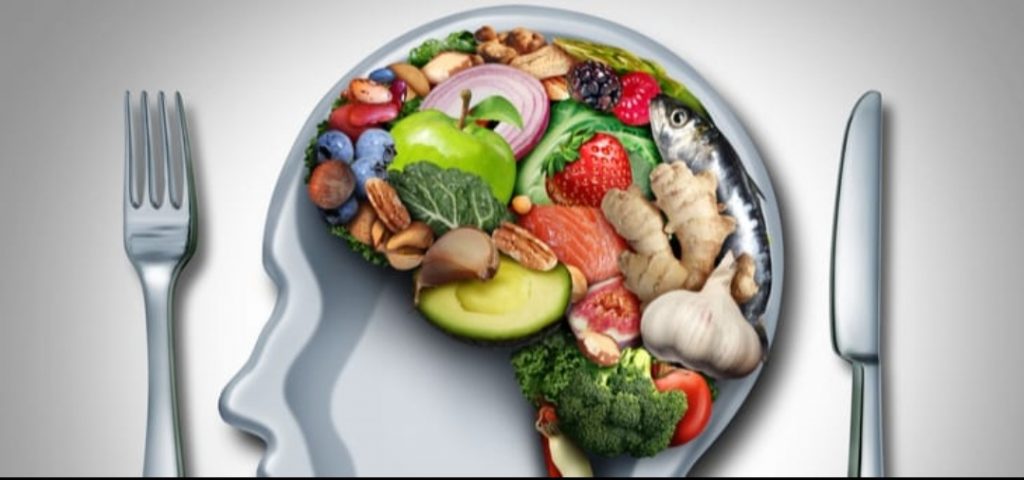‘You are what you eat’, was never more true than in the connection between food and cancer. Cancer has increasingly been identified as a ‘life-style’ disease. Scientists have agreed that most cancers are linked to the environment you live in and your food habits. Cumulative impacts of the toxins in our systems lead to diseases such as cancer. While there is no guaranteed way to prevent cancer, a healthy lifestyle can help reduce your risk of developing it and positively support treatment and recovery if you are diagnosed with it.
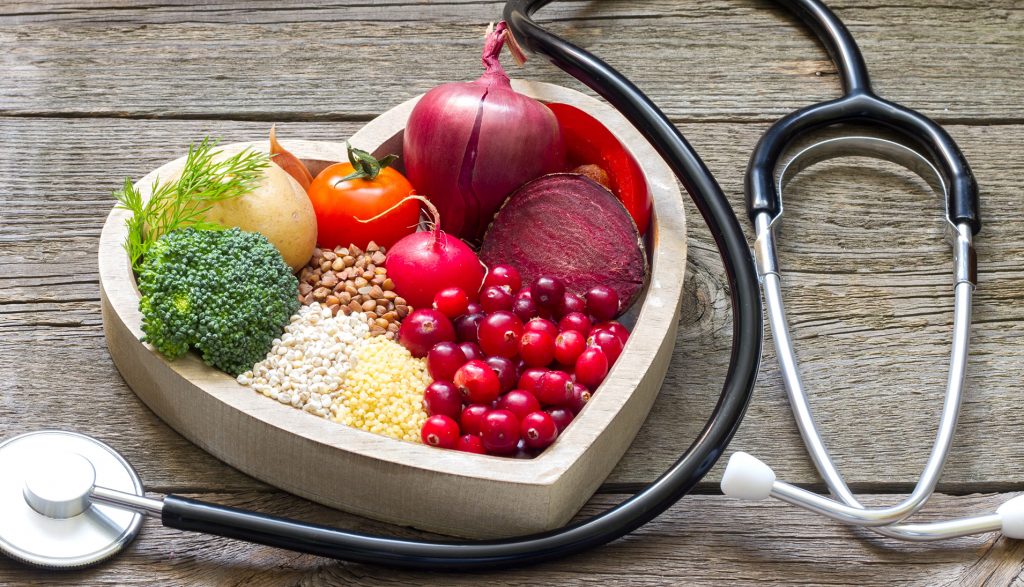
To help reduce your cancer risk, follow these tips for eating right:
● Maintain a Healthy Weight Excess body weight is associated with an increased risk for several types of cancer. Be physically active for at least 30 minutes every day. Three 10-minute sessions work just as well, but the key is to find an activity you enjoy and make it a part of your daily life.

● Limit Added Sugars and Solid Fats Limit your intake of foods with added sugars and solid fats that provide a lot of calories but fewer nutrients. These foods include: sugar-sweetened beverages, highly processed snack foods and desserts. Consuming refined carbs can cause rapid spikes in blood sugar which has been linked to almosr 88% greater risk of prostate cancer, as well as other serious health problems.

● Include Vegetables, Fruits and Whole Grains Whole fruits and whole grains are linked with a lower cancer risk. Vegetables are rich in fibre and eating a diet high in fibre may help prevent colorectal cancer and other common digestive system cancers, including stomach, mouth, and pharynx.
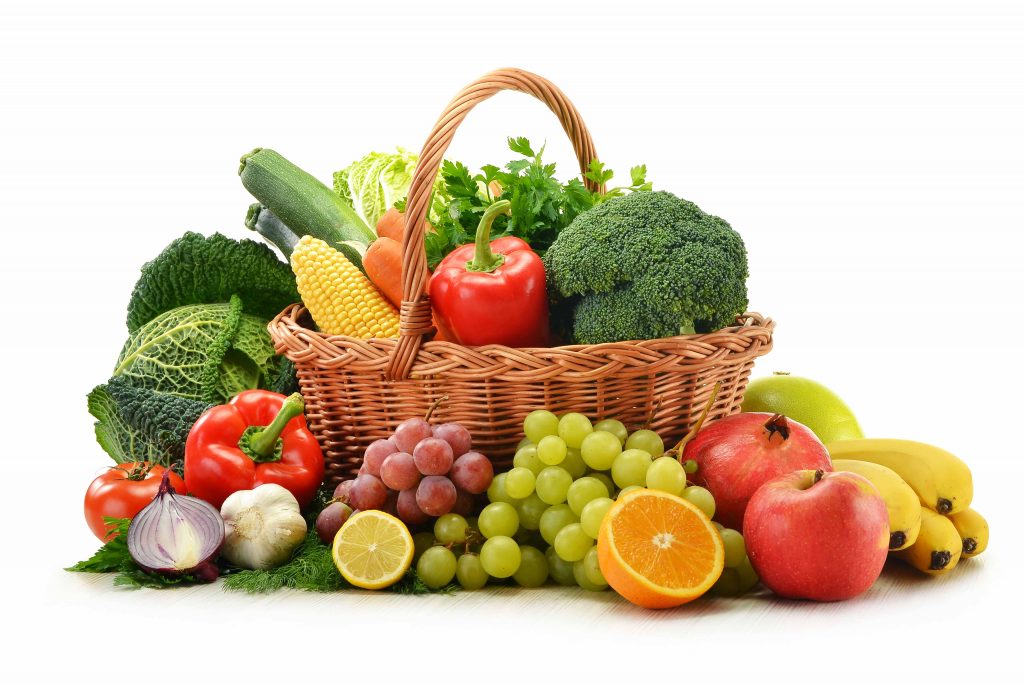
● Moderate Your Portions of Red and Processed Meats Some studies suggest that there is a link between colon and other types of cancer and red meat intake. This is true for processed meats such as ham, bacon and hot dogs. The safest strategy is to limit the amount of processed meat you consume and vary your diet by seeking out other protein sources, such as fish, chicken, eggs, nuts, and soy, rather than relying just on red meat.

● Focus on Plant Proteins Beans and lentils are sources of protein, dietary fibre, iron, potassium and other necessary nutrients. Other nutrient-dense plant-based proteins include tofu and tempeh. Plant-based foods are rich in antioxidants that boost your immune system and help protect against cancer cells.
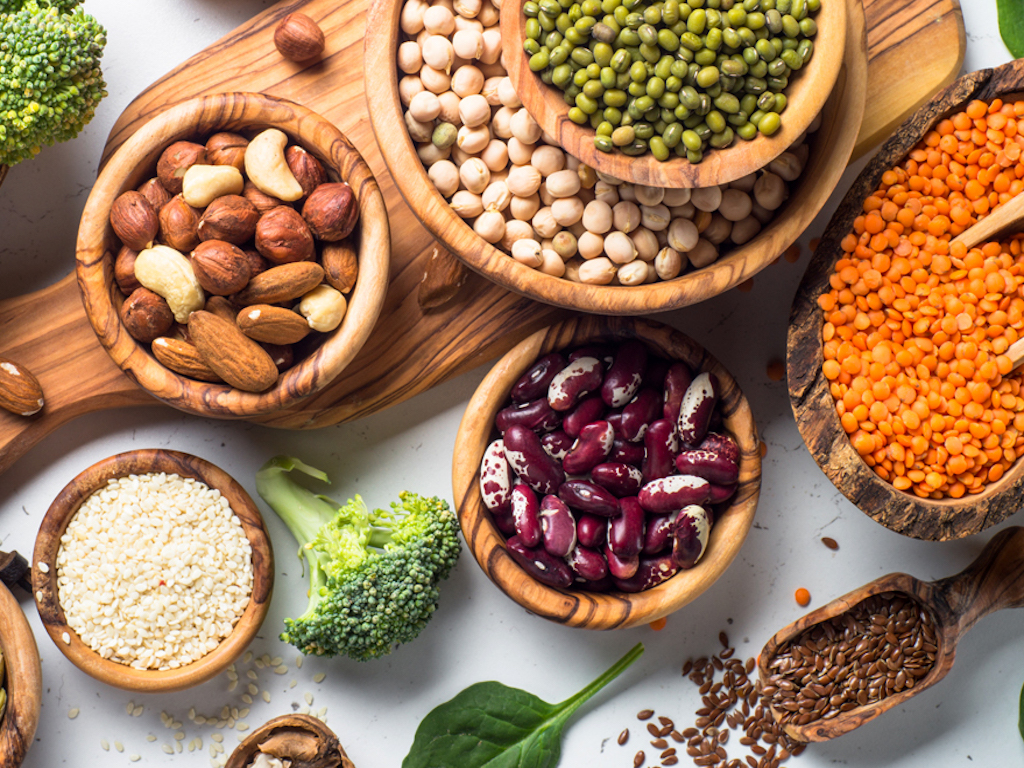
● Avoid or Limit Alcohol Alcohol consumption is considered to be a major modifiable risk factor for cancer. Even a moderate amount of alcohol may increase your risk of some types of cancer. If you choose to drink, limit alcoholic beverages to no more than one drink per day for women and no more than two drinks per day for men. (A serving of alcohol is considered 1½ fluid ounces of hard liquor, 5 fluid ounces of wine or 12 fluid ounces of beer.)
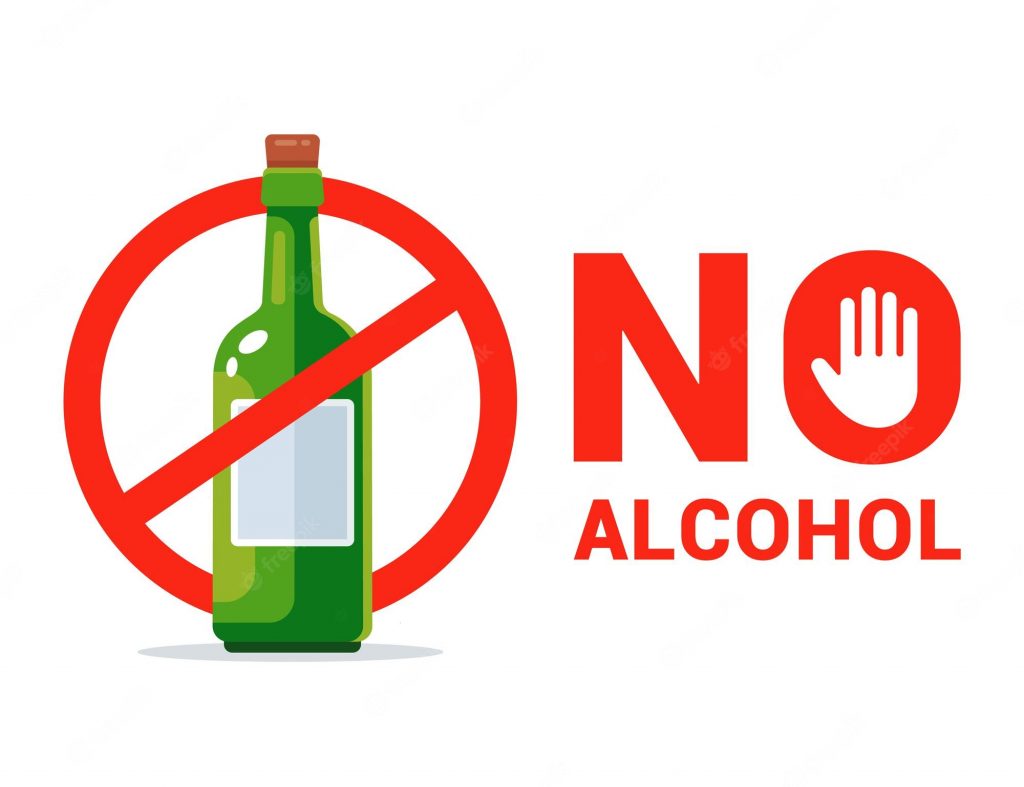
● Choose Foods First Wherever possible, aim to meet nutritional needs through diet alone. The same findings do not appear to be true for supplements. Choose nutrient-rich, whole foods and beverages as the best source of nutrients for cancer prevention. Talk to your health care provider before taking any supplements.
